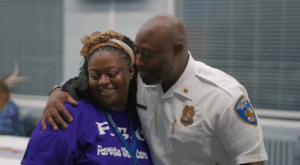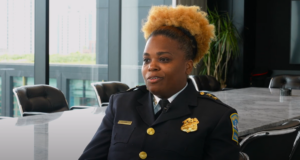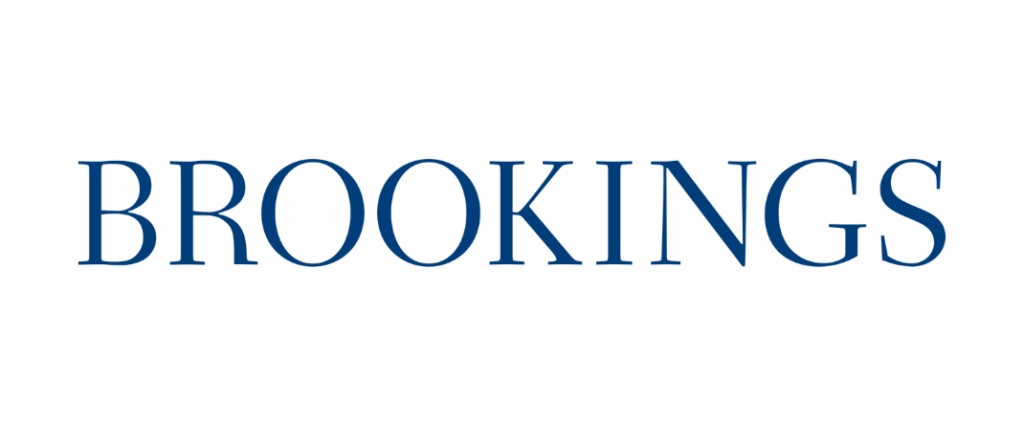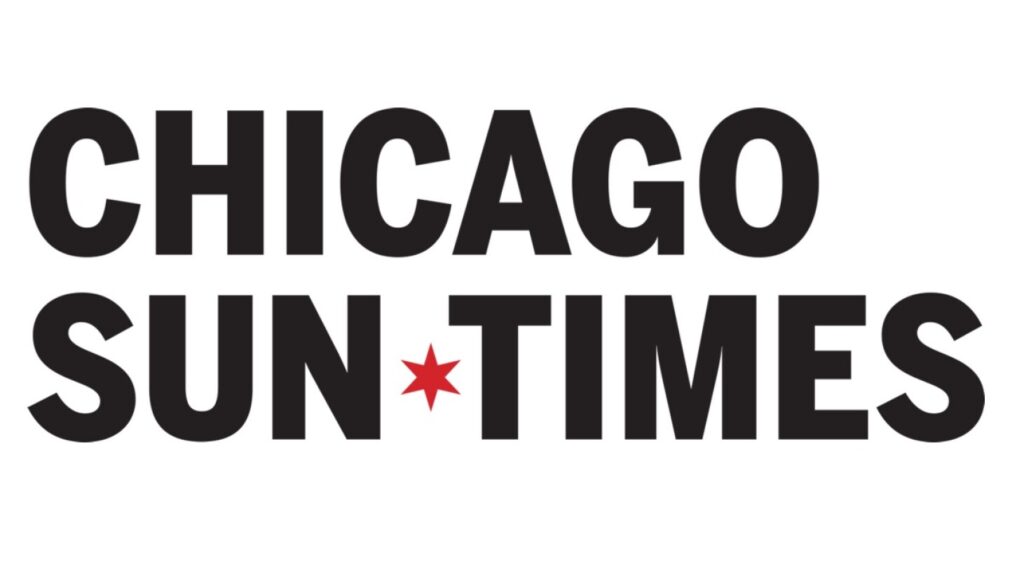Jun 2021
How the Pandemic is Accelerating Carjackings in Chicago
In 2020, Chicago saw more carjackings than in the previous two years combined. In our June Data Points column in the Chicago Tribune, we explore what is behind the recent surge. One much discussed (and debated) argument is that young people, teens particularly, are driving the increase. Taken together, evidence from carjacking arrest data, victim estimates of suspect age, clearance rates, and arrest trends in other cities indicate that increased youth involvement is driving the uptick in carjackings. This growing youth involvement suggests that the pandemic may be contributing to the rise in carjackings but not as a result of what many in the public might have assumed — economic dislocation. We see in the data, for example, that youth involved in carjacking are more likely to live in areas with lower internet access and school attendance, especially during the pandemic. We also show that Chicago is currently missing many potential contact points with these youth that could be used to, for instance, connect them to social services at a time when they need them most.
In any data analysis, there are many detailed decisions to make due to uncertainties or intrinsic limitations to the data themselves, as well as reasonable alternative choices about how to analyze and present the results. Because of limited space in the Datapoints column, we have omitted many of those details and sensitivity analyses from the published version. We provide those additional details here.

Policing Leadership Academy (PLA) Overview
Read an overview of the Policing Leadership Academy (PLA), a first of-its-kind program launched in May 2023 to train America’s policing leaders working in some of our most violent neighborhoods.

Video: Reducing Violence and Improving Policing
This video offers a glimpse into the Policing Leadership Academy, a violence reduction initiative designed to prevent violent crime, support officers, and improve fairness and effectiveness in policing throughout some of the country’s most violent neighborhoods.

Video: Creating Safer Communities by Improving Policing
Griffin Catalyst highlights the Policing Leadership Academy, a new national leadership program that brings together rising police leaders from around the country for five months of advanced, intensive training in management best practices, leveraging data and technology and building community trust—all with the ultimate goal of creating safer, more vibrant communities.

Policing Leadership Academy Graduation Interviews
Hear from a select group of PLA graduates on their experience with the academy.
Latest Updates
Deaths of decision-making are killing American teens. Schools can fix it.
Crime Lab executive director Katie Hill pens an op-ed for Brookings about how cognitive behavioral programs can teach teens decision-making skills that can dramatically reduce violence and save lives – often at little or no additional cost.

Kelly Leonard: How improv can help police do their job
Kelly Leonard joins WGN’s John Williams to discuss The Second City’s partnership with the Crime Lab’s Policing Leadership Academy that’s using improv to help officers improve their communication skills.

Novel approaches can chip away at gun violence, and make a big difference
In an op-ed for the Chicago Sun-Times, Crime Lab Pritzker Director Jens Ludwig argues that when it comes to gun violence, we’ve been focused on the wrong solutions – a key insight from his new book, “Unforgiving Places: The Unexpected Origins of American Gun Violence.”

